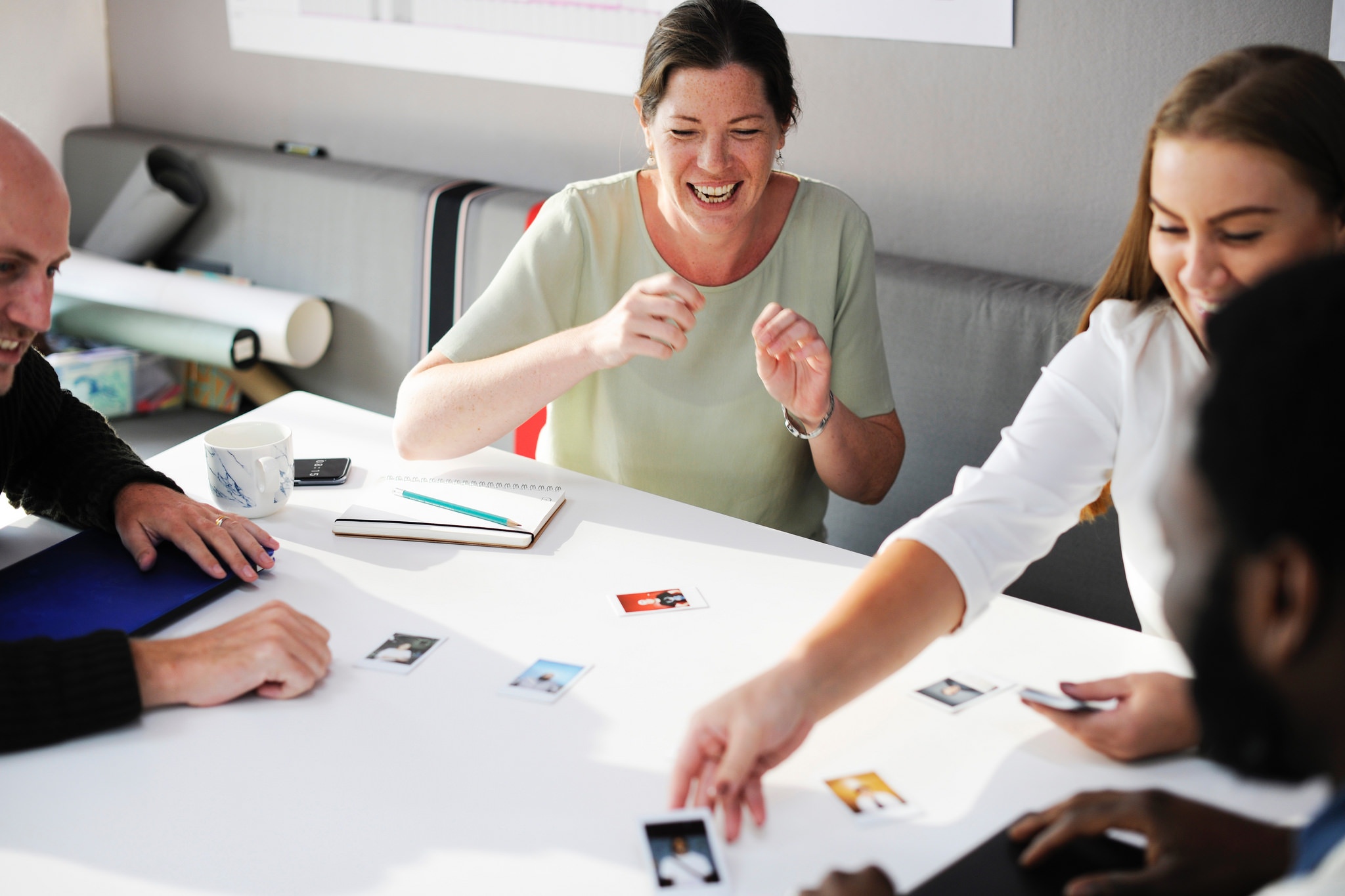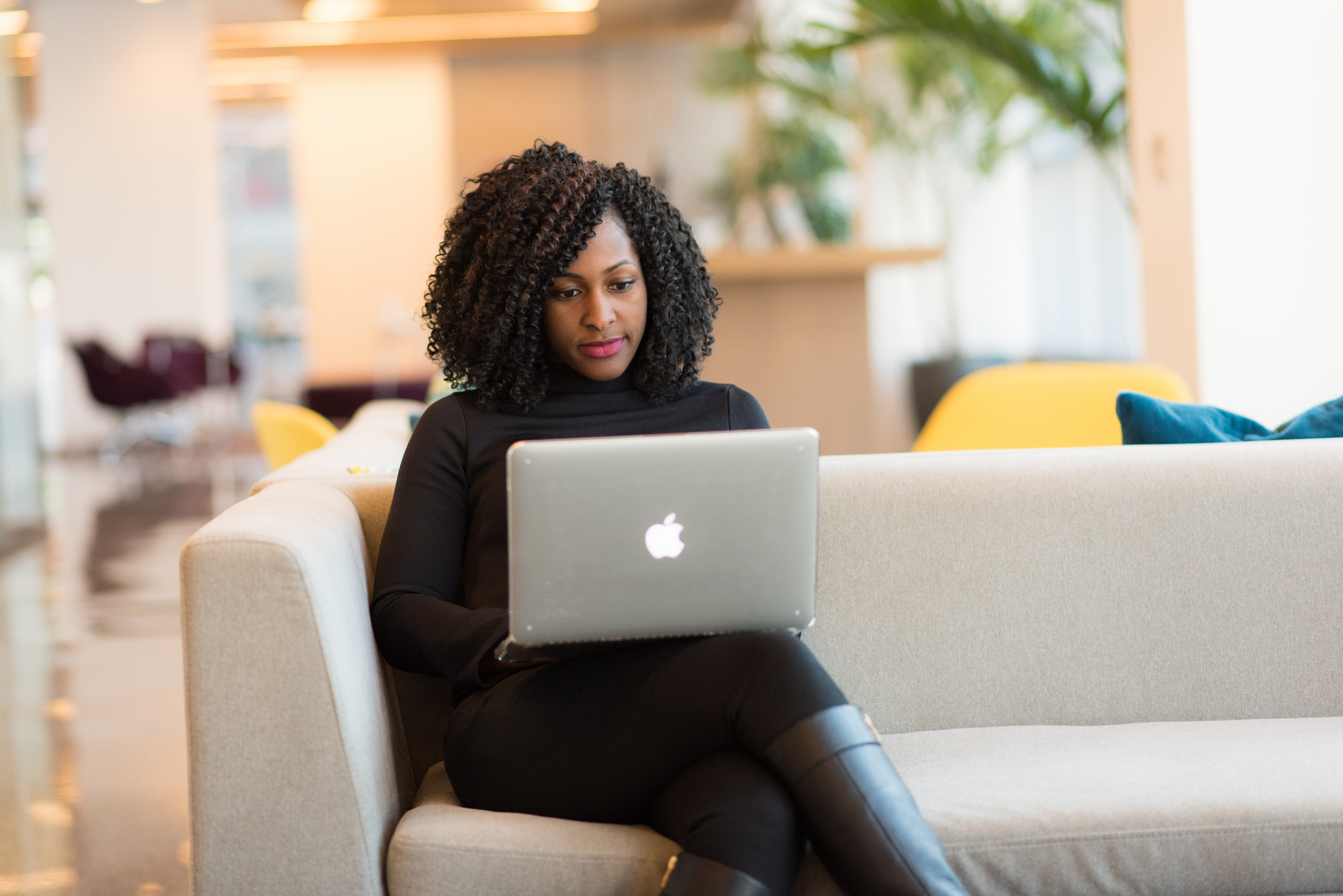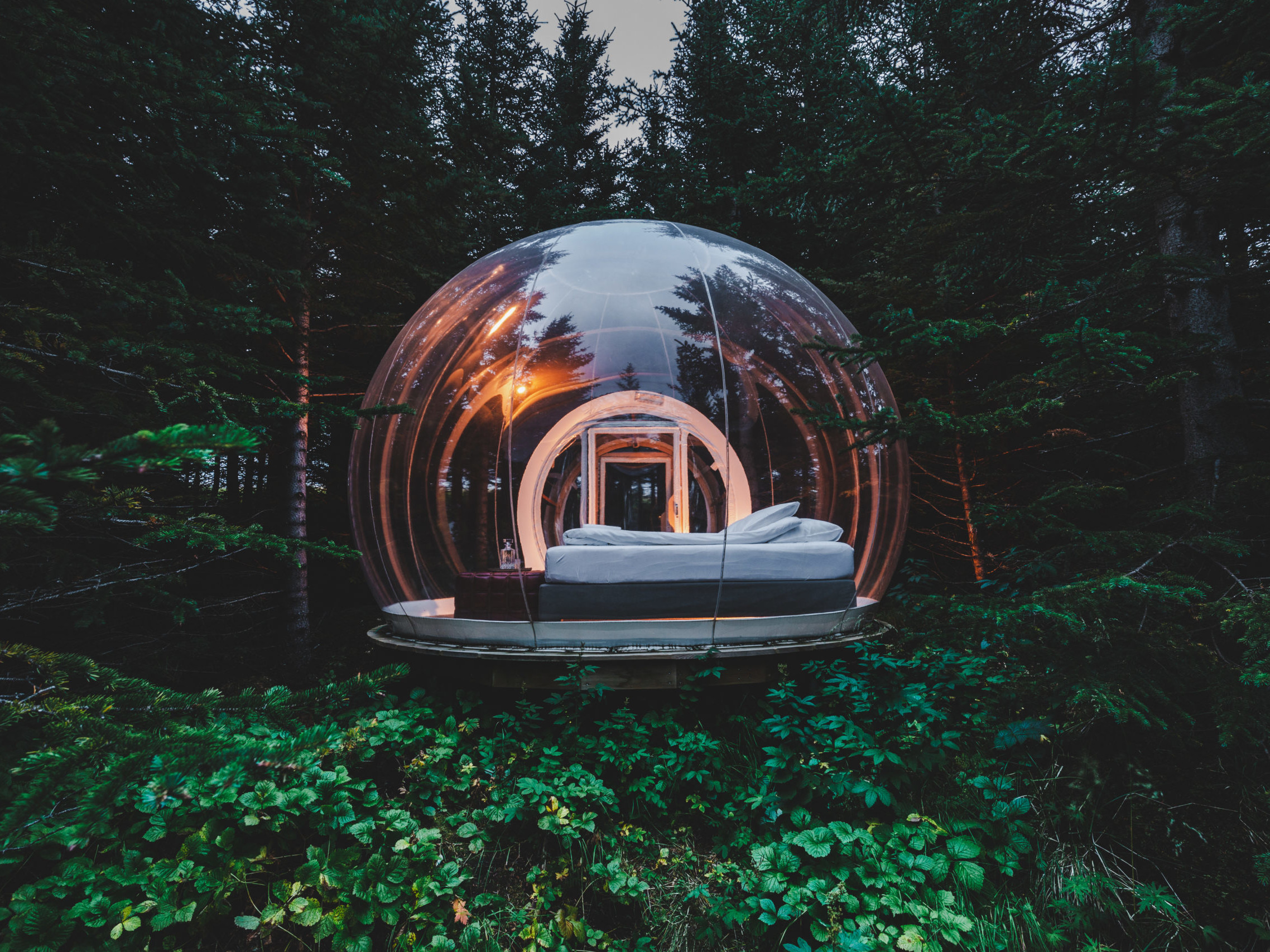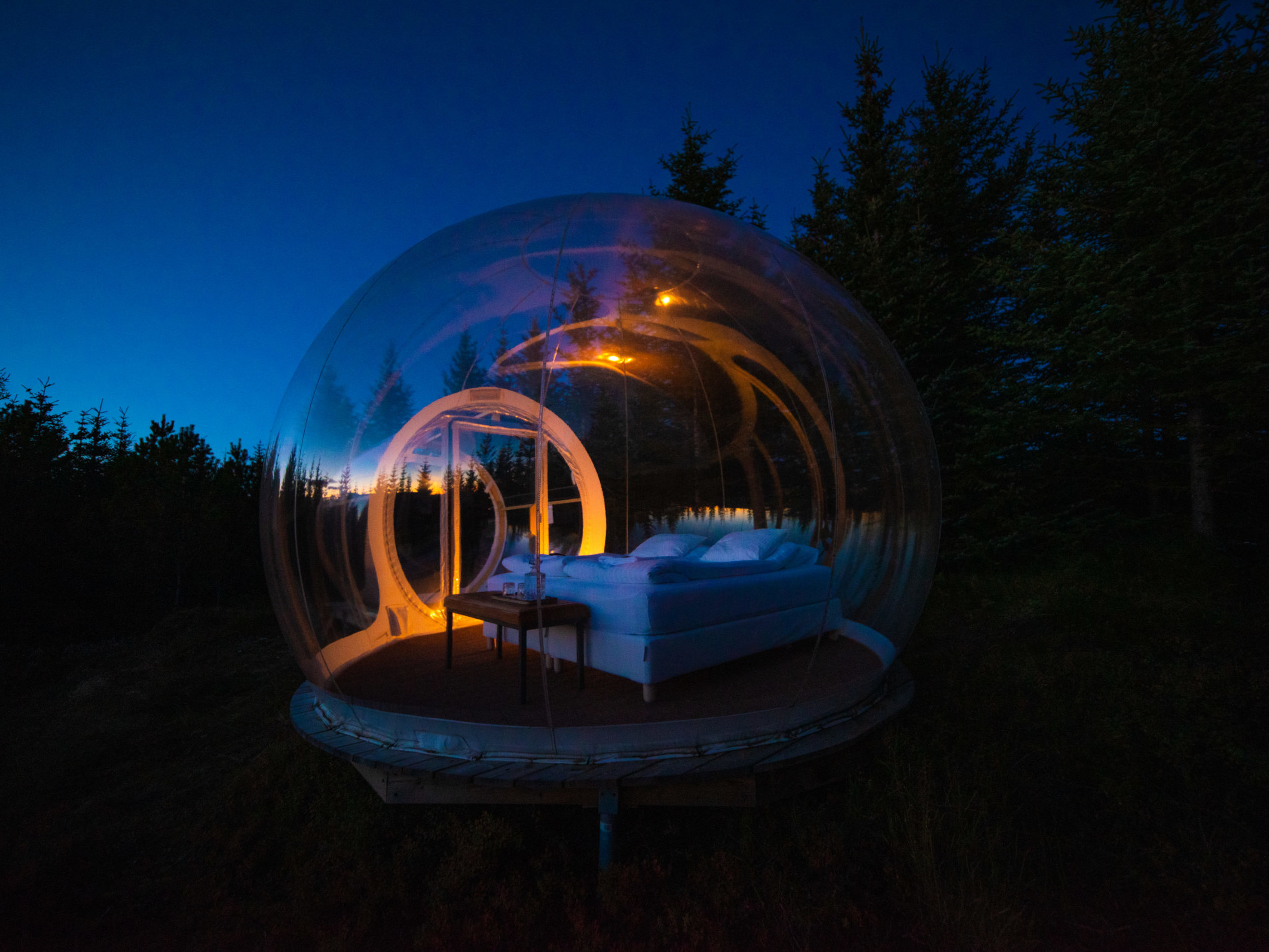Text by Sonia Nicolson
Gender Pay Gap and Equal Pay in Iceland
It’s now illegal to pay men more than women for similar work in Iceland or companies can face a gender pay gap fine.
Top of the World Economic Forum’s
Iceland has topped the World Economic Forum’s ranking for the 9th year as the nation with the smallest gender gap. However Iceland’s overall gender gap is now just 12%.
Closing the Gender Pay Gap
A new law was passed on International Woman’s Day 2017.
The aim is to close Iceland’s gender pay gap by 2022 and so a new law was introduced at the start of 2018 that asks public and private companies, with a staff of over 25 people, to pay employees equally. These companies are now are obliged to obtain government certification of their equal-pay policies or they could face financial penalties.
Employers must prove that they offer equal pay regardless of:
- Gender
- Ethnicity
- Sexuality
- Nationality
Iceland, the First Country to Legalise Equal Pay
Iceland is the first country in the world to legalise equal pay and is a world leader on gender equality. Though there has been legislation in place previously saying that pay should be equal for men and women but there is still a pay gap. Icelandic women earned, on average, 16% less than men (in 2016).
Global Gender Gap
Though other countries such as Switzerland and the US state of Minnesota have similar schemes in place with an “equal-salary certificate policies”, Iceland is the first to make equal pay compulsory for both private and public firms with a staff of 25 people. The bill was supported by Iceland’s centre-right administration, as well as its opposition. According the the Global Gender gap Index 2017, World Economic Forum, the global average annual earnings were $12K for females and $21K for males (in 2017), a huge gap.
“The legislation is basically a mechanism that companies and organisations… evaluate every job that’s being done, and then they get a certification after they confirm the process if they are paying men and women equally,” Dagny Osk Aradottir Pind, a board member of the Icelandic Women’s Rights Association, told Al Jazeera News.
Iceland is a relatively small country with a population of 323,000 people. It has a strong economy based on tourism and it’s fisheries.
Improving Equality for Women
Iceland has brought in measures to improve equality for women. One of these is a quotas on corporate boards and government committees. In 2016, female representation in the Icelandic parliament had reached a record of 48%, but this has since dropped. In December, a new Icelandic coalition government took office with left-green party leadership led by Katrín Jakobsdóttir. Known to be a feminist, she is the second woman to head a government in Iceland.
Despite an ongoing commitment to tackle this issue, Iceland’s gender pay gap has not shrunk fast enough.

Photo by Perzon Seo
The Icelandic Women’s Protest
In October 2016, thousands of women across Iceland walked out of their workplaces at 2.38pm in protest. The pay discrepancy means that Icelandic women effectively work without pay after this time, according to unions and women’s organisations. Two years later and Iceland is talking this seriously and making its statement to the world.
Men Are Still Being Paid More
At a time when it appears that other countries around the world are stalling on economic gender parity, Iceland is committed to working on closing its gender pay gap by 2022. For now however, men are still being paid much more than women and, in addition to this, mens wages are increasing rapidly meaning it will be more challenging to meet the 2022 aim (according to the World Economic Forums wide-reaching Global Gender Gap Report, 2017). In Switzerland, women earn just 72% of the average male salary for similar work.
“The time is right to do something radical about the issue Equal rights are human rights” says Thorsteinn Viglundsson, Iceland Equality and Social Affairs Minister

Photo by WOCinTech Chat
Global Gender Gap Report
The Global Gender Gap Report looks at the differences between men and women in four key areas:
- Health
- Economics
- Politics
- Education
Although much progress has been made over the past decade, this report found that the gender gap widened for the first time in 2017 since records began in 2006.
Iceland has been one of the fastest-improving countries in the world over a 10year period according to the Global Gender Gap Report which uses markers such as economic opportunity, political empowerment, and health to measure gender equality in the country.
What’s the gender gap like in your country?


